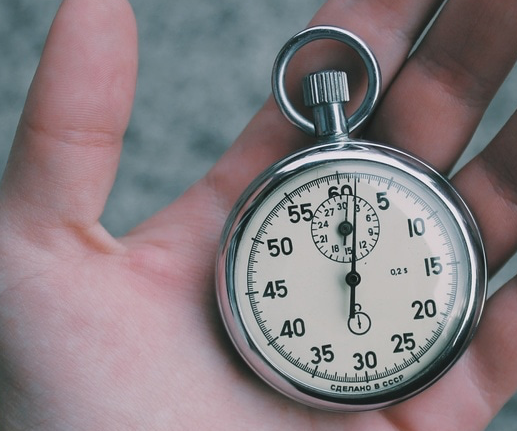5 minutes with... A GP appraiser
Interview by Dr Anna Cantlay
The concept of appraisals has been a long valued tool for In the businesses but it wasn’t until 2001 that it became a contractual obligation for doctors. Doctors are now appraised annually and since 2012 they are also revalidated 5 yearly. The aim of appraisals is to ensure ongoing professional development and that the doctors practice and performance Is in line with the GMC Good medical practice.
Dr Katy Willis trained at St Mary’s Hospital (pre-Imperial). After qualifying as a GP, she went straight into partnership with her course organisers for four years, then reduced down to be with family as a retainer for six years. She now works as a salaried GP in an inner city London practice. She has been a GP appraiser for 12 years, first for Ealing, then also Hammersmith and Fulham.
How did you become a GP appraiser?
In 2004, all doctors received a letter in the post inviting them to become an appraiser. This was when mass-appraisals started. I applied, had an interview and was appointed. Emails inviting people to apply are still sent around periodically but if you interested in getting involved, you could approach your local appraisal body to see if there are vacancies.
Do you need any special training?
When I started, I went on a day’s training course by a management consultant company covering the requirements of the appraisal interview. There is still mandatory training today which is necessary to help you navigate the ever changing requirements for revalidation and the multitude of different portfolios available. You also have to have worked as a GP for three years before you can become and appraiser.
What is the time commitment?
You have to do a minimum of six appraisals a year and most will do around one a month. Sometimes there is potential to do more (I did 24 last year!). Each appraisal takes about 2 hour’s preparation to read their portfolio and evidence and around 3 hours for the interview.
How are you supported?
There are resources available - each year you attend two mandatory appraisal workshops and a half day appraiser conference. You also get a one to one review annually. The revalidation team have a responsible officer and several appraisal leads who are on hand for support if needed.
What do you enjoy about the role?
I really enjoy the time you have to invest in somebody (not the ten minute appointment). Seeing what people do and why they enjoy doing it is a great privilege. I get to appraise salaried doctors, partners and locums so there is a huge variety. I appraise the same doctor for 3 years before they get re-allocated so you really get to build momentum in your relationship and get to know them.
It’s also great for updating clinical knowledge as you learn something new at each appraisal. The work is very flexible as you personally fix the appointments with the appraisee so the interview can be worked around other commitments.
What does it mean for indemnity?
I informed my defence union and so far I have had no additional charges.
Is appraising lucrative?
You get paid £500 per appraisal gross which is non-superannuated.
How you help GPs that are struggling?
The role of the appraiser firstly to assess the appraisee’s evidence that they are up to date and fit to practice for revalidation. Secondly you are there to have a formative discussion about their professional and educational goal - where they have come from, where they would like to get to and how to get there.
If I have concerns about someone’s fitness to practice, I am required to say this and inform my appraisal lead. In 12 years I have done this three times.
What tips do you have for GPs whose appraisal is looming?
Get your stuff done on time! Remember you no longer have to upload certificates. Give a representative example of the learning that you have done, crossing the scope of your practice but not all of it. The requirement is for 50 hours of learning per year. Reflection is the most important to show you have thought about the learning (and changes in practice as a result of the learning) and reflection on the value of those changes to clinical care. The RCGP have just printed new guidance available on their website.
Dr Anna Cantlay



